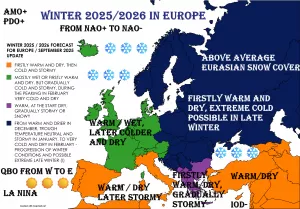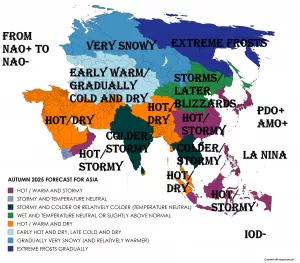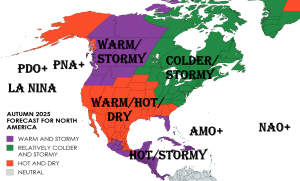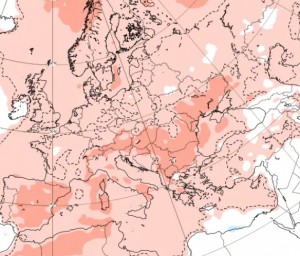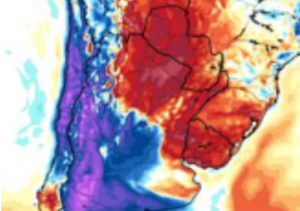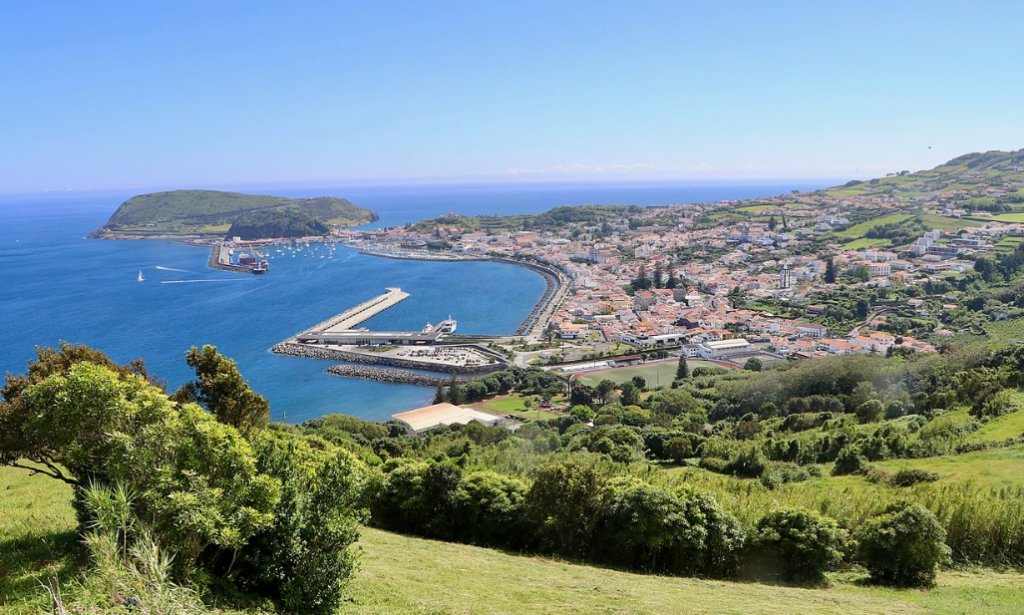
On August 5, 2025, the Azores archipelago experienced a historic heat event as the Horta Observatory on Faial Island, Portugal, recorded an unprecedented temperature of 31.1 °C (88.0 °F). This marks the hottest day ever recorded in the Azores on that date, setting a new benchmark in a region typically characterized by mild, ocean-moderated temperatures.
The Azores usually benefit from the cooling influence of the Atlantic Ocean, with summer temperatures rarely exceeding the mid-20s Celsius. The spike to over 31 °C is exceptional, indicating the presence of a strong high-pressure system and warm air advection from the surrounding continent, combined with unusually calm and clear weather conditions.
This record-breaking temperature has important implications for the island’s local climate and environment. Such heat can increase the risk of drought and wildfires, stress local agriculture, and affect water resources, which are crucial on small islands with limited supply.
Meteorologists see this event as part of a broader pattern of rising temperatures across the Atlantic and European regions, linked to climate change and shifting weather patterns. While the Azores are far from the mainland, they are not immune to the increasing frequency of extreme heat events.
This record heat day on Faial Island serves as a reminder that even oceanic islands with typically mild climates are experiencing new temperature extremes, emphasizing the global reach of warming and the importance of adaptation measures in all regions.

Illustration picture: https://en.wikipedia.org/wiki/Horta,_Azores#/media/File:Miradouro_Senhora_Da_Concei%C3%A7%C3%A3o_(50680550776).jpg







